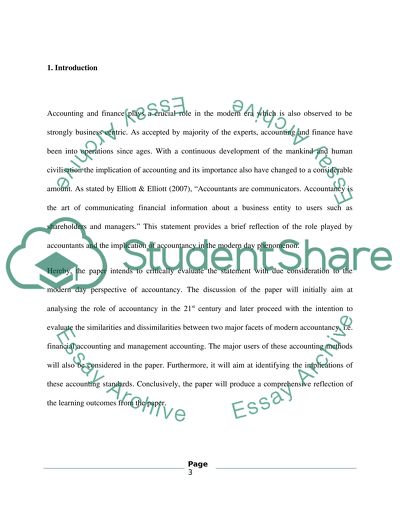Cite this document
(“Accounting and Finance Essay Example | Topics and Well Written Essays - 2000 words”, n.d.)
Retrieved from https://studentshare.org/finance-accounting/1423655-accounting-and-finance
Retrieved from https://studentshare.org/finance-accounting/1423655-accounting-and-finance
(Accounting and Finance Essay Example | Topics and Well Written Essays - 2000 Words)
https://studentshare.org/finance-accounting/1423655-accounting-and-finance.
https://studentshare.org/finance-accounting/1423655-accounting-and-finance.
“Accounting and Finance Essay Example | Topics and Well Written Essays - 2000 Words”, n.d. https://studentshare.org/finance-accounting/1423655-accounting-and-finance.


